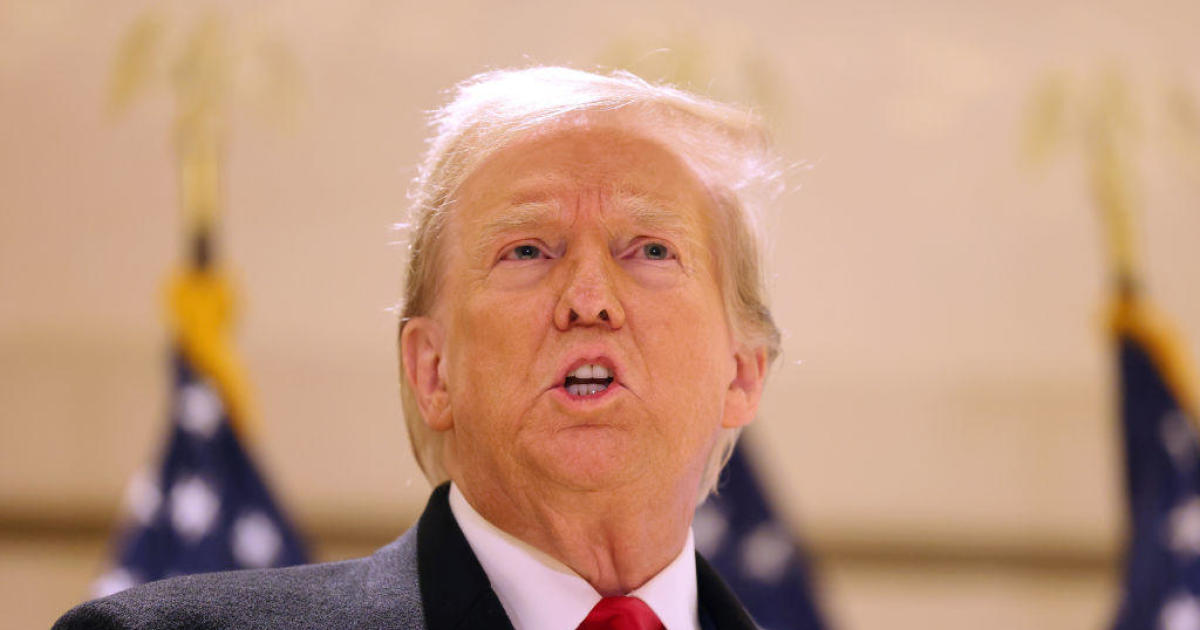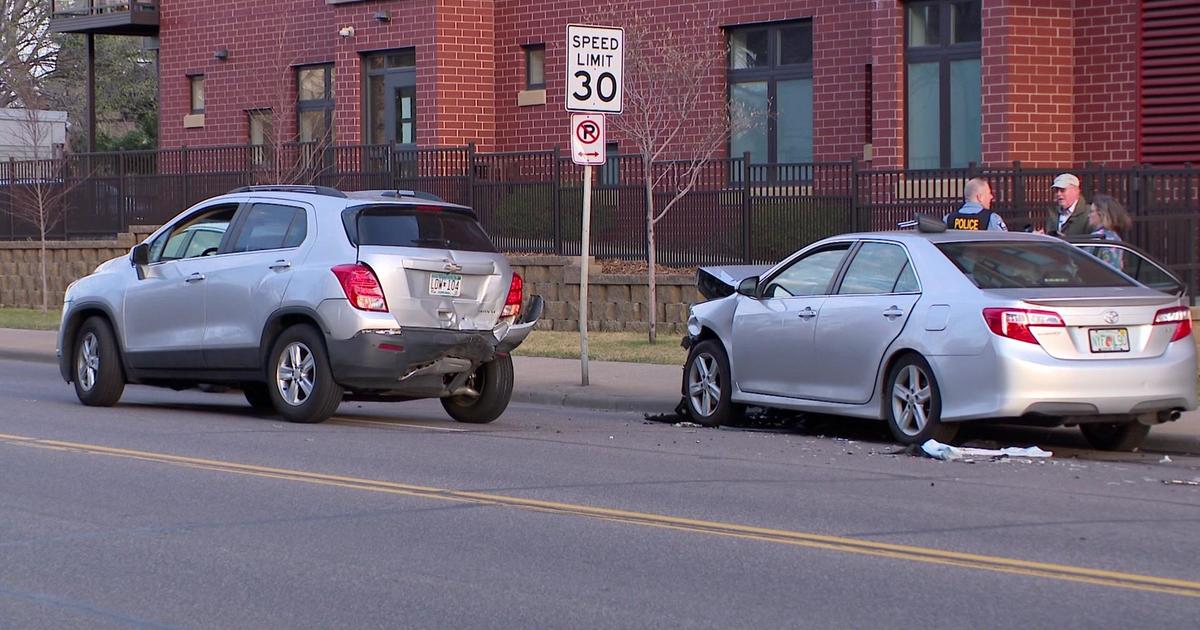Early Presidential Voting Begins In Wisconsin
MADISON, Wis. (AP) — Early voting for Wisconsin's presidential primary and state Supreme Court race began Monday, just over two weeks before the April 5 spring election.
Wearing a Superman sweatshirt and comparing his presidential pick to the superhero, Andrew Powell of Madison was first in a line nine people waiting to vote when doors opened in Madison. He got there about 45 minutes early so he could cast a ballot for Republican Donald Trump.
"I'm for truth, justice and the American way," the 40-year-old Powell said as he waited for the election clerk's office to open. "And I feel Donald Trump would be the best one to make America great again."
Similar scenes played out across the state with the start of the in-person early voting period that runs through April 1, not counting weekends.
In addition to the Republican and Democratic presidential primaries, voters will decide a state Supreme Court race between Justice Rebecca Bradley and state Appeals Court Judge JoAnne Kloppenburg. There are hundreds of other local races across the state, as well.
Wisconsin will be the focus of the presidential race, particularly on the Republican side, after Tuesday's primaries in Arizona and Utah. Wisconsin's April 5 vote, with 42 delegates at stake, is the next on the GOP calendar.
While Powell, a restaurant worker, is an unabashed Trump backer, saying he was "very excited" to vote for him in the hopes that he will cut taxes for the middle class, other powerful Republican forces in Wisconsin were lining up to defeat the outspoken businessman.
The conservative political website Right Wisconsin, run by influential Milwaukee radio host Charlie Sykes, endorsed Texas Sen. Ted Cruz on Monday. Sykes and several other conservative talk radio hosts who reach large numbers of Republican voters in suburban Milwaukee counties have been in the anti-Trump camp for months.
When Gov. Scott Walker ended his presidential campaign in September, he called on other candidates to drop out so that GOP voters could unite behind a candidate who could take on Trump. However, Walker has said he will back whoever is the eventual nominee, although he pointed out last month that he's more politically aligned with Cruz and Florida Sen. Marco Rubio, who dropped out last week.
Cruz is opening offices in Wisconsin and organizing his supporters in advance of the primary. Eighteen delegates are awarded to the statewide winner, with another 24 divided evenly among the winner in each of the state's eight congressional districts.
Ohio Gov. John Kasich plans to campaign outside of Milwaukee, in Wauwatosa, on Wednesday. Trump and Cruz have yet to announce any stops in the state.
On the Democratic side, Vermont Sen. Bernie Sanders is also trying to mount a serious challenge to former Secretary of State Hillary Clinton, who is leading that race.
Calling it the hardest decision he ever made, retired state worker Tim Prindiville, of Madison, said Monday that he voted for Sanders over Clinton. He said he preferred Sanders' positions on the issues over Clinton's, even though he doesn't think Sanders will win the nomination.
"I decided I can still vote for her in the fall," Prindiville said of Clinton.
Rachel Brenner, a University of Wisconsin professor in the Center for Jewish Studies, said after casting her ballot that Clinton was the only candidate for her.
"I'm very excited and I'm very worried," Brenner said of the presidential election. "These are very troubling races. No one is speaking to each other in a civilized language."
(© Copyright 2016 The Associated Press. All Rights Reserved. This material may not be published, broadcast, rewritten or redistributed.)



